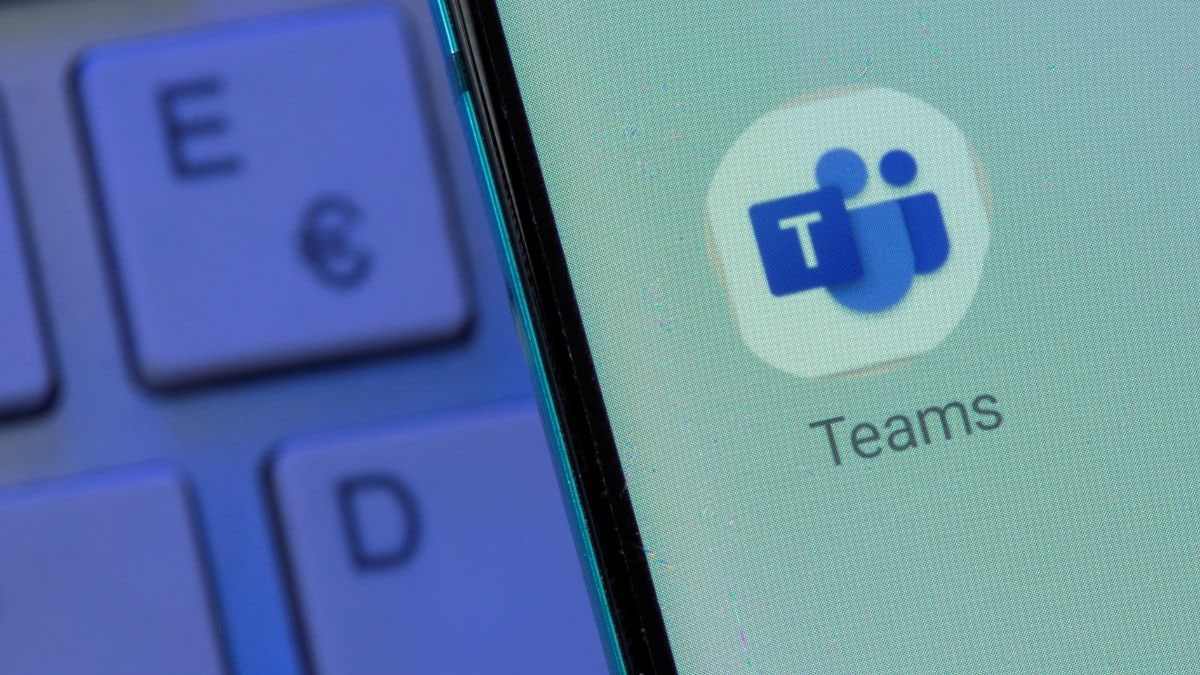AI tool shows promise for treating brain cancer, study finds
An artificial-intelligence tool has shown promise at helping doctors fight aggressive brain tumors by identifying characteristics that help guide surgery.






 View all Images
View all ImagesAn artificial-intelligence tool has shown promise at helping doctors fight aggressive brain tumors by identifying characteristics that help guide surgery.
The tool — called the Cryosection Histopathology Assessment and Review Machine, or CHARM — studies images to quickly pick out the genetic profile of a kind of tumor called glioma, a process that currently takes days or weeks, said Kun-Hsing Yu, senior author of a report released Friday in the journal Med. Surgeons use detailed diagnoses to guide them while they operate, Yu said, and the ability to get them rapidly could improve patients' outcomes and spare them from multiple surgeries.
While glioma varies in severity, an aggressive form called glioblastoma can lead to death in less than six months if untreated. Only 17% of people with glioblastoma survive their second year after being diagnosed, according to the American Association of Neurological Surgeons.
Surgeons use information about the genetic profile of a glioma tumor when deciding how much tissue to remove from a patient's brain, as well as whether to implant wafers coated in a cancer-fighting drug. Getting that information, however, currently requires time-consuming testing.
Yu and his team of researchers trained a machine-learning algorithm to do the work by showing it pictures of samples gathered during brain surgery, and then checking its work against those patients' diagnoses. CHARM learned to match or outperform other AI systems at identifying the genetic profile of a tumor.
While the tool is not as accurate as current genetic tests, the computer system can predict a tumor's profile almost instantly. A swift analysis could let doctors proceed with the right treatment without the added time of scheduling and performing another surgery, Yu said.
Using its results alongside other information, “the clinician may be better able to make the right decision on the spot,” said Yu, an assistant professor of biomedical informatics at Harvard Medical School, whose lab led the research.
CHARM can also tell malignant tumor cells apart from benign cells and identify a tumor's grade, a measure of how aggressive it is. Those are calls that human pathologists can make during surgery, but the tool could remove the need for a 10-to-15-minute wait, Yu said, or for a pathologist to be on standby during an operation.
Though the study showed promise, CHARM still needs to be tested in real-world settings, the researchers said in a news release.
Yu's team's work is part of a broad set of efforts to use AI to better diagnose and treat cancer. An editorial published in the June issue of the Lancet Oncology highlighted the ability of some systems to accurately identify people at high risk of pancreatic, lung and breast cancer.
Catch all the Latest Tech News, Mobile News, Laptop News, Gaming news, Wearables News , How To News, also keep up with us on Whatsapp channel,Twitter, Facebook, Google News, and Instagram. For our latest videos, subscribe to our YouTube channel.































